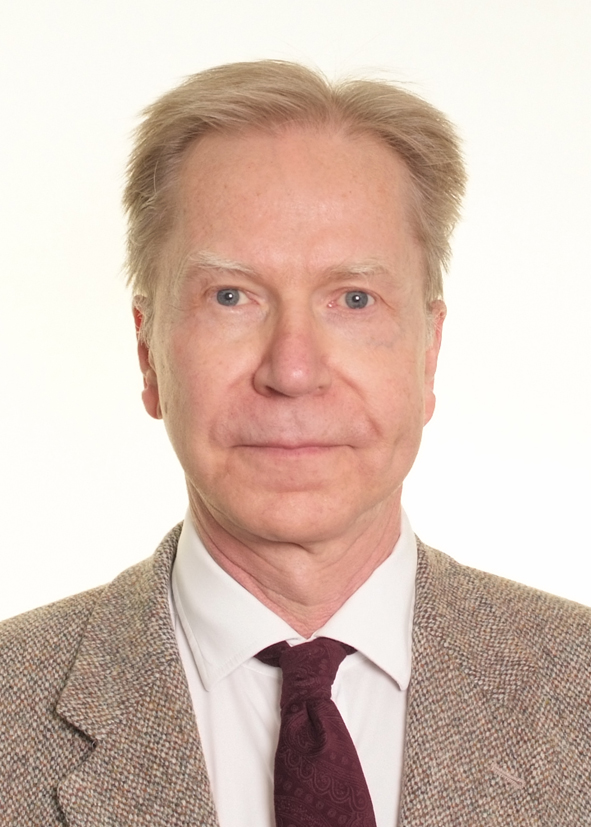NIS International Research-to-Practice Conference
Inspirational Speakers

Keynote Speakers
Peeter Mehisto
Dr Peeter Mehisto is a lecturer at University College London Institute of Education, and has worked internationally with a wide variety of stakeholders to develop and manage bilingual and trilingual programmes.
Generating strategic plans and work plans, building teacher-training programmes, managing public relations and creating learning materials have been integral to these initiatives. They have often constituted a major change in the given education system. He has won several awards for his work. Exploring the complexities of the change process, Peeter Mehisto has researched factors contributing to and hindering successful bilingual programme development. He has taught at the primary, secondary and university levels. He has extensive experience working with teachers in the classroom to support the implementation of best practice in bilingual programmes. Peeter Mehisto has also worked extensively with programme administrators. His publications, including the co-authored awarding-winning book Uncovering CLIL (Macmillan), have been addressed to teachers, school principals and/or to the research community. His latest book, which is a co-publication, is called Building Bilingual Education Systems: Forces, mechanisms and counterweights (Cambridge University Press).
